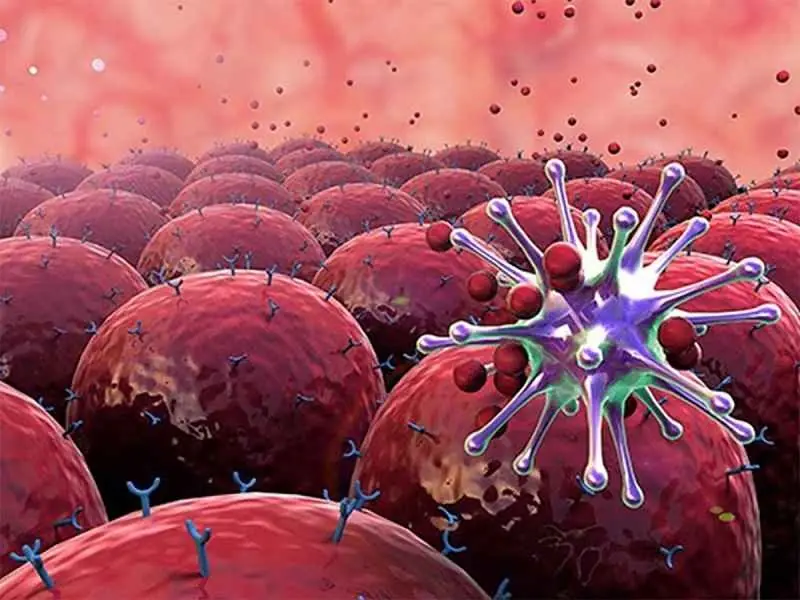
To Prevent Stroke, Remember the ‘3 Don'ts’ After Meals and the ‘4 Don'ts’ Before Bed — Stay Safe at Any Age
Stroke is one of the leading causes of death and long-term disability worldwide. It can occur suddenly and without warning, often leaving devastating consequences. However, stroke is not entirely unavoidable. With proper lifestyle habits, especially around meal and bedtime routines, the risk of stroke can be significantly reduced. A simple but powerful guideline includes the "3 Don'ts" after meals and the "4 Don'ts" before sleep. These practices can help keep your body healthy and your mind at peace — no matter your age.
The "3 Don'ts" After Meals
-
Don’t Smoke
Smoking after a meal is particularly harmful. It increases blood pressure and causes blood vessels to constrict, raising the risk of clot formation. After eating, the body is busy digesting food and the digestive system requires more blood flow. Smoking at this time reduces oxygen supply and can trigger blood clotting more easily — a major factor in stroke. -
Don’t Take a Shower Immediately
Many people enjoy a hot shower after meals, but this can be dangerous. After eating, blood is concentrated in the digestive organs. If you take a shower, especially a hot one, blood is redirected to the skin, which can disrupt digestion and reduce oxygen supply to the brain. This imbalance may increase the likelihood of dizziness or even fainting, particularly in the elderly or those with high blood pressure. -
Don’t Sleep or Lie Down Right Away
Sleeping or lying down right after eating can lead to acid reflux, indigestion, and poor blood circulation. In the long term, it may contribute to obesity and heart disease — both risk factors for stroke. It's best to wait at least 30 minutes to an hour before lying down to allow your body to digest properly.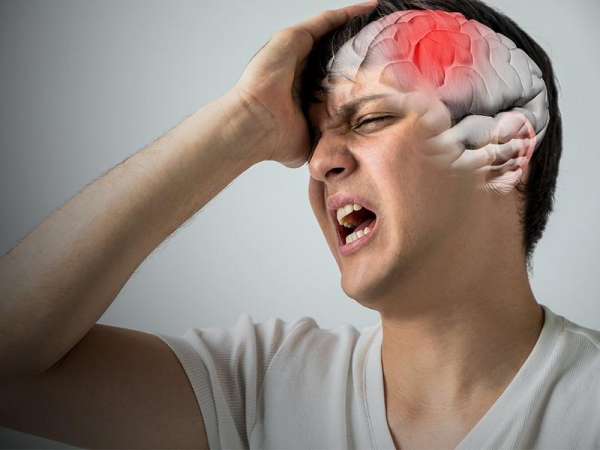
The "4 Don’ts" Before Sleep
-
Don’t Eat a Heavy or Late Meal
Eating too late at night forces the digestive system to remain active when it should be resting. This not only disrupts sleep but can also raise blood sugar and cholesterol levels overnight, contributing to stroke risk. A light meal at least two hours before bedtime is recommended. -
Don’t Drink Alcohol
Alcohol may make you feel sleepy at first, but it actually interferes with the quality of your sleep and can increase nighttime blood pressure. Chronic drinking also damages blood vessels, raises the risk of atrial fibrillation (a major cause of stroke), and weakens the brain’s ability to recover from minor injuries. -
Don’t Use Electronic Devices Excessively
Staring at screens late at night can affect melatonin production, delay sleep, and raise stress levels. Poor sleep quality is closely linked to higher blood pressure and inflammation, both of which are known contributors to stroke. Reducing screen time at least 30 minutes before sleep can greatly improve rest and overall brain health. -
Don’t Sleep in a Cold Environment Without Warm Clothes
Sudden drops in body temperature during sleep can cause blood vessels to constrict sharply. For people with high blood pressure or heart conditions, this can increase the chance of a stroke occurring during the night or early morning. Keeping warm helps maintain stable blood flow.
Conclusion
Preventing stroke isn't just about medical treatment — it’s about daily choices. The simple practices of avoiding smoking, showers, or lying down after meals, and steering clear of heavy meals, alcohol, screens, and cold before sleep, can protect your brain and heart. These habits are easy to follow and suitable for all ages. With discipline and awareness, anyone can reduce their stroke risk and live a longer, healthier life. Prevention starts with action — and these small steps can make a big difference.
News in the same category

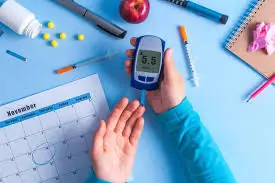
5 Early Signs of Diabetes That Many People Often Overlook

Scientists Warn: Most Infectious Covid Strain Yet Is Now Dominating

Bloated Stomach: 8 Common Reasons and How to Treat Them (Evidence-Based)

Foamy Urine: Why You Have Bubbles in Your Pee and When to Worry
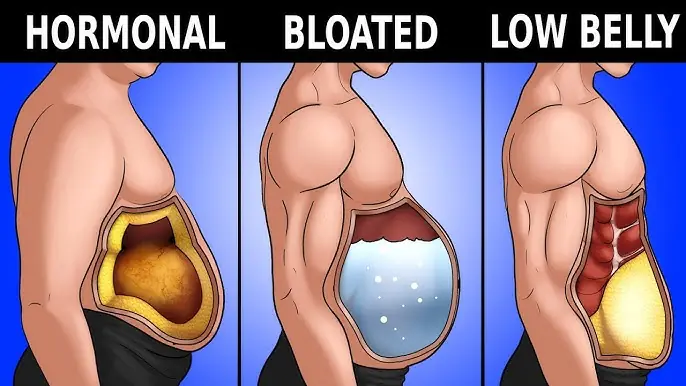
What Causes Belly Fat: Foods to Avoid and Other Key Factors
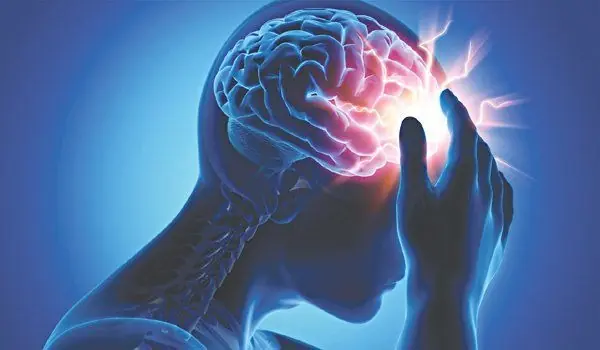
Notice These 4 Unusual Signs Before Sleep? Be Careful – They May Signal a Risk of Stroke
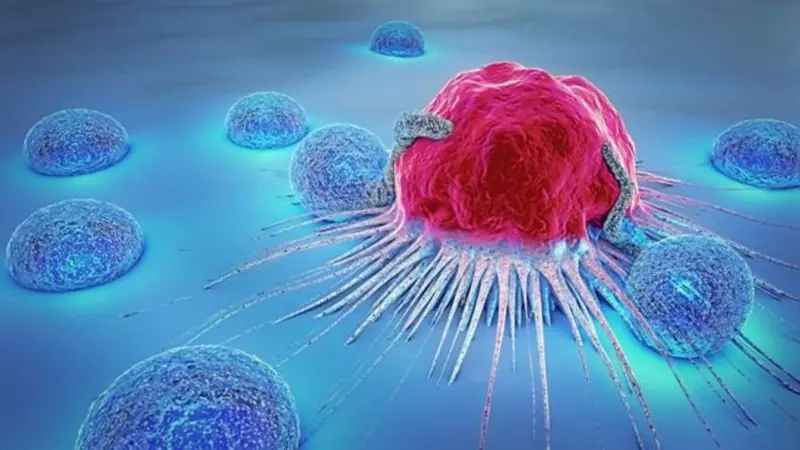
5-Year-Old Girl Diagnosed With Terminal Cancer: A Wake-Up Call for All Parents

Good News: Successful Trial of Method That Destroys 99% of Cancer Cells
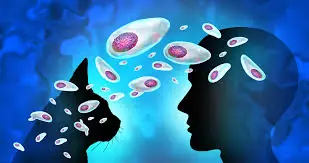
Terrifying Study: Up to 30% of Americans Could Be Infected with Brain-Impacting Parasite

Itching in 9 Areas: A Warning Sign of Malignant Tumors, Number 7 Is the Most Common

Doctor's "Deeply Concerning" Warning After Man Injects Sperm to 'Cure Back Pain'
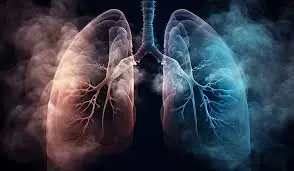
Non-Smoker Diagnosed with Lung Cancer Shares His Only 'Silent' Symptom
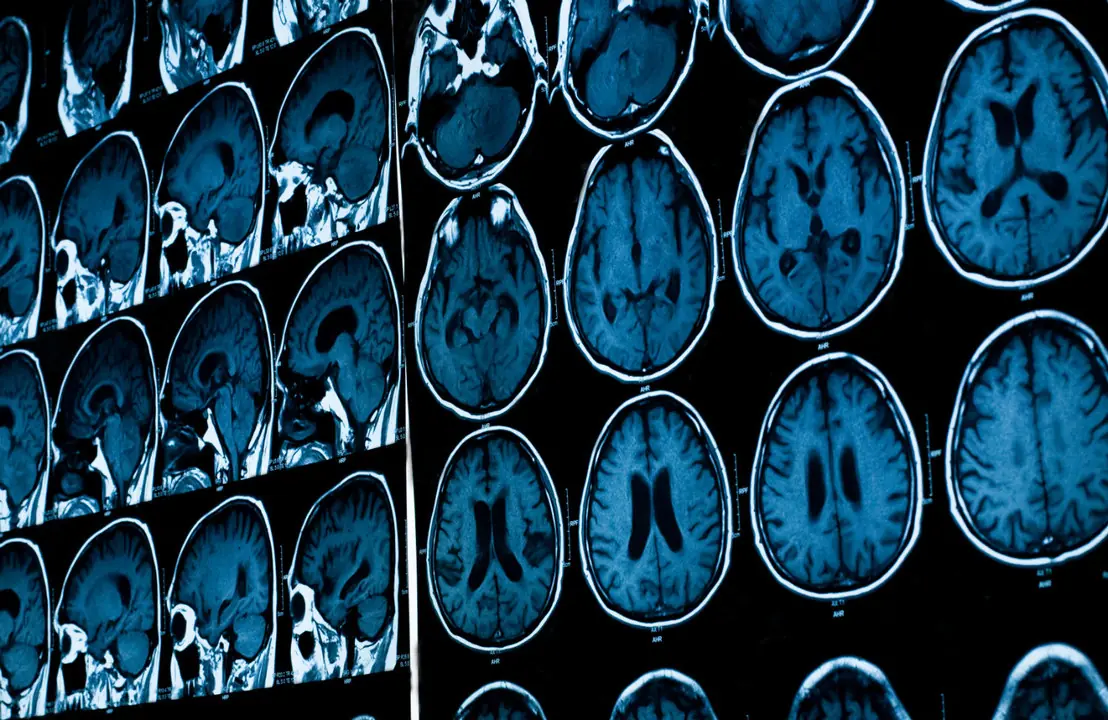
Alarming Discovery: High Aluminum Levels Found in Brains with Alzheimer's, Autism, and MS
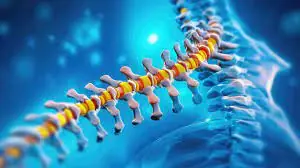
First Human Trial Launched for Stem Cell Therapy to Reverse Spinal Cord Injuries
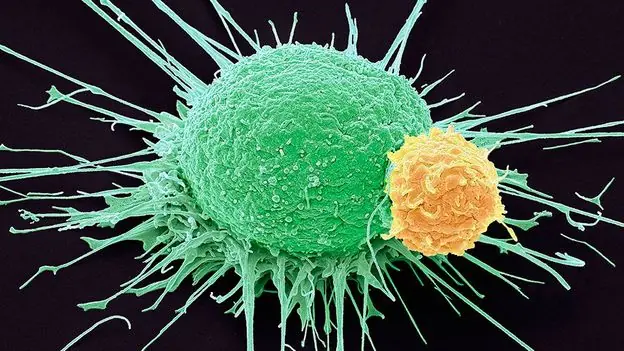
From Despair to Hope: Joe Tippens' Incredible Cancer Recovery Story with Fenbendazole

100-Year-Old Doctor Reveals: 7 Daily Habits to Help You Live a Healthy Life
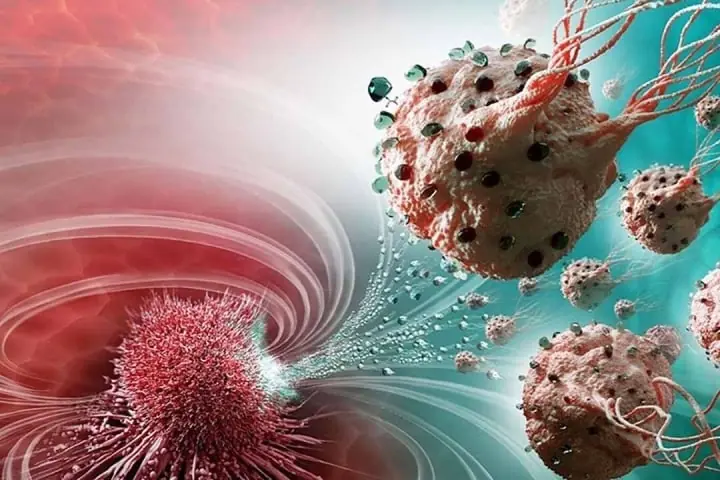
Diagnosed with Terminal Cancer, Preparing for the End – A Man’s Miraculous Survival Thanks to 3 Major Life Changes
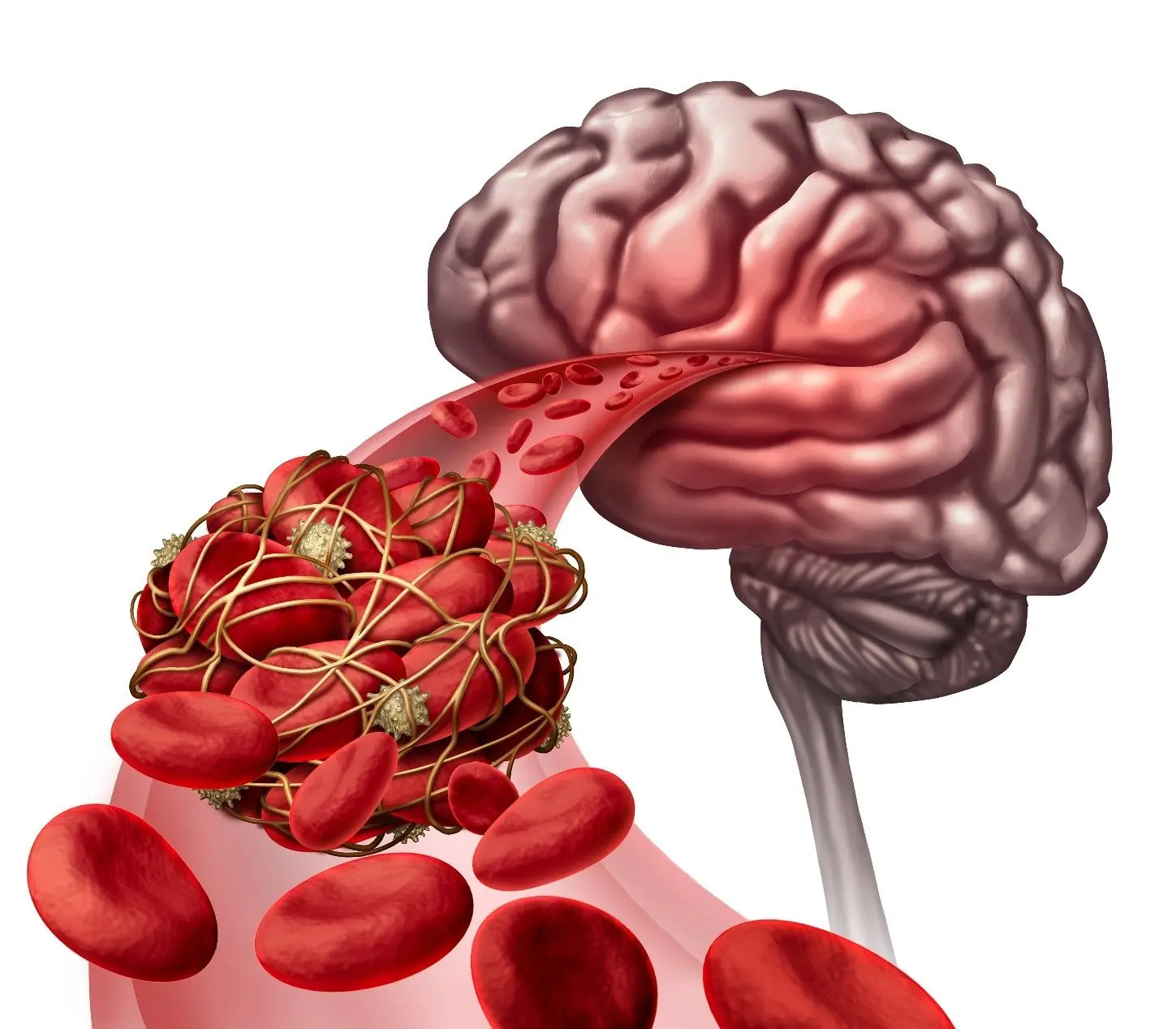
Warning signs of stroke 30 minutes before – remember them to save your life and your loved ones
News Post

World’s Smallest Otter Species Rediscovered In Nepal After 185 Years

Why You Should Disconnect Your WiFi at Night And Sleep With Your Phone on Airplane Mode in Another Room

Google Claims That AI Will Surpass Human Intelligence By 2030, Posing Extinction Risk
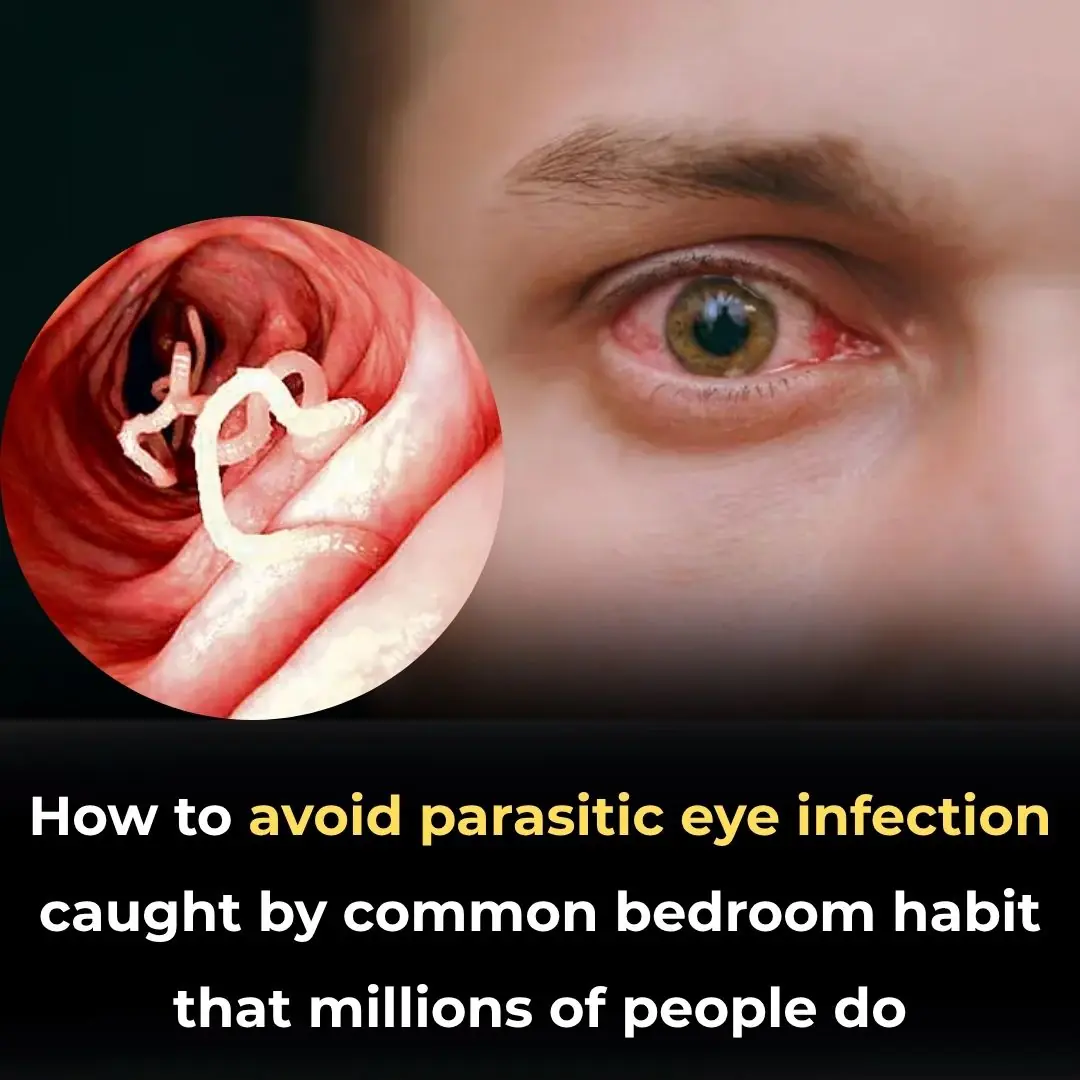
How to Avoid Parasitic Eye Infection Caught by Common Bedroom Habit That Millions of People Do

Experts Issue Dire Warning: Gulf Stream Shutdown May Be Just Decades Away—With Catastrophic Global Fallout

The Growing Threat of Space Debris: Managing Earth’s Crowded Orbit

Doctor’s Warning: Early-Stage Lung Cancer Doesn’t Always Include a Cough – Watch for These 4 Unusual Signs

5 Early Signs of Diabetes That Many People Often Overlook

Banana Blossom: The Natural Medicine Everyone Overlooks

Scientists Warn: Most Infectious Covid Strain Yet Is Now Dominating
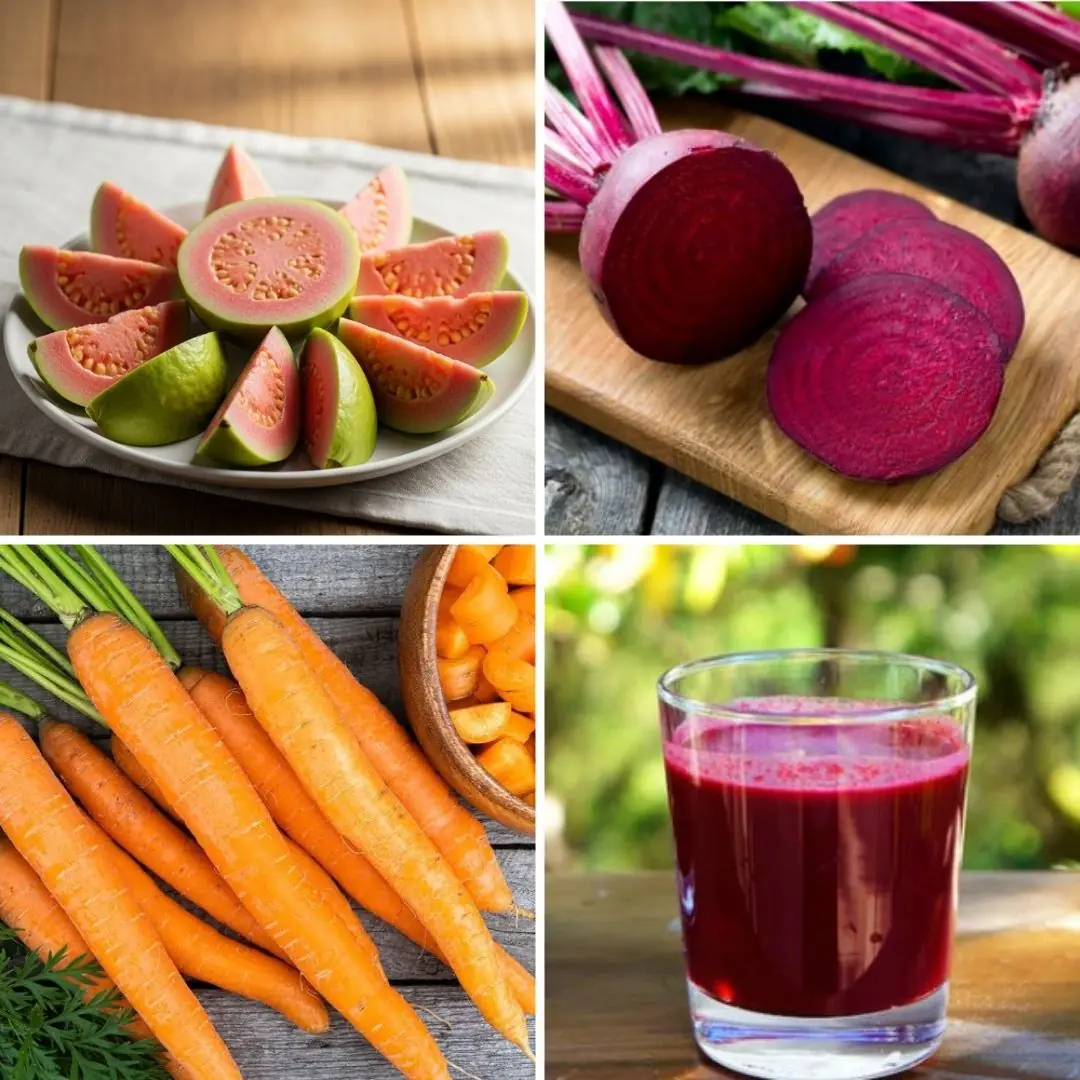
Say Goodbye to Anemia, Cleanse Fatty Liver, and Restore Vision in Just 7 Days With This Powerful Natural Remedy

Bloated Stomach: 8 Common Reasons and How to Treat Them (Evidence-Based)

Foamy Urine: Why You Have Bubbles in Your Pee and When to Worry

What Causes Belly Fat: Foods to Avoid and Other Key Factors

Notice These 4 Unusual Signs Before Sleep? Be Careful – They May Signal a Risk of Stroke

5-Year-Old Girl Diagnosed With Terminal Cancer: A Wake-Up Call for All Parents

Good News: Successful Trial of Method That Destroys 99% of Cancer Cells

New interstellar comet 3I/ATLAS is hurtling through the solar system — and you can watch it live online today
